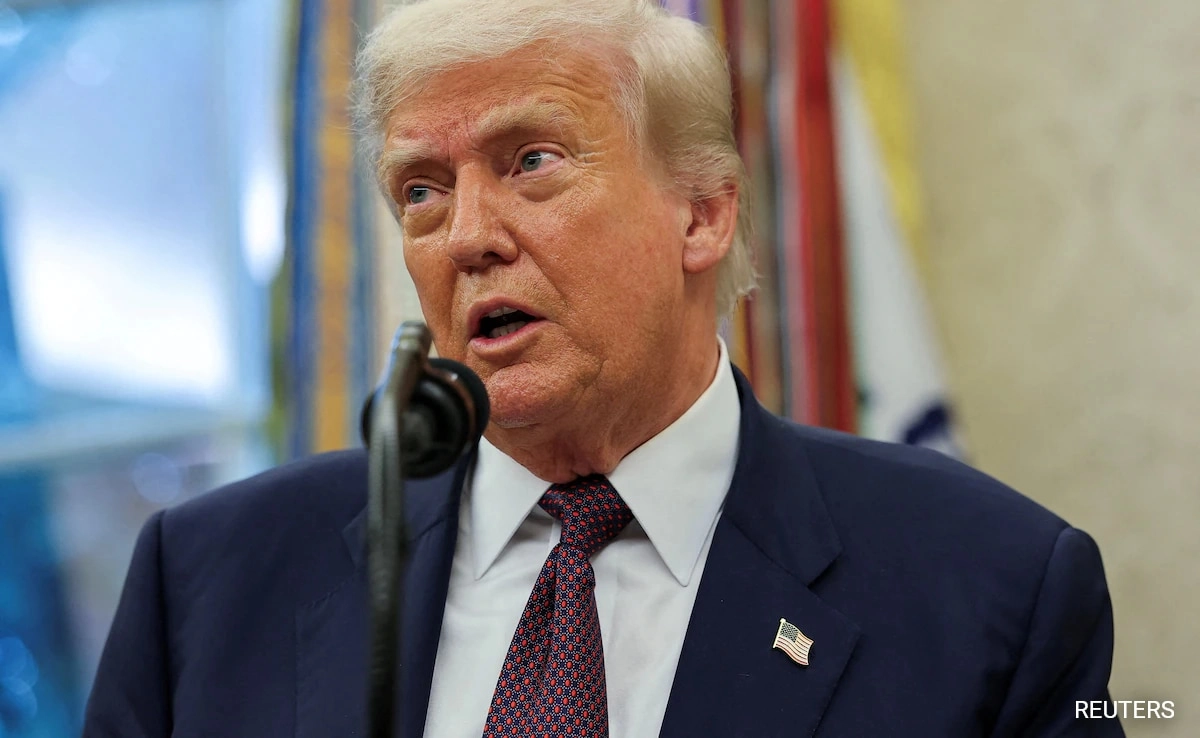In recent developments, former President Donald Trump has been actively implementing his “soft landing” strategy, which aims to ensure a smooth transition for his administration’s officials while maintaining influence within the political arena. A significant aspect of this strategy has been the reassignment of several key officials to roles within the United Nations. This move reflects Trump’s desire to keep his loyal supporters engaged and functioning within the government, even as he navigates the complexities of the post-presidency landscape. By placing these individuals in prominent positions at the UN, Trump not only safeguards their political futures but also reinforces his ongoing influence on international matters.
The United Nations serves as a critical platform for diplomacy and international relations, and Trump’s decision to reassign officials to this body underscores his commitment to maintaining a presence on the world stage. These appointments are strategic, allowing Trump to ensure that his administration’s policies and ideologies continue to resonate in global discussions. By embedding his loyalists in such influential positions, Trump aims to shape international dialogue and policies that align with his vision, thereby extending his political legacy beyond his time in office.
Additionally, this strategy highlights Trump’s understanding of the importance of international relations and the role that the UN plays in shaping global governance. By placing trusted allies in these positions, Trump is effectively positioning himself as a key player in international affairs, even from a distance. This approach not only helps solidify his base but also serves as a counter-narrative to any attempts by opposing parties to undermine his influence. As the political landscape continues to evolve, Trump’s “soft landing” strategy may very well redefine how former presidents engage with the global community while preserving their political capital.
In conclusion, Trump’s reassignment of officials to the United Nations exemplifies his strategic maneuvering in the aftermath of his presidency. By maintaining a foothold in global diplomacy through these appointments, he seeks to uphold the principles of his administration and ensure that his policies remain relevant. This approach not only strengthens his influence but also reflects a broader pattern of political resilience, as Trump continues to carve out a unique role for himself and his allies in the ever-changing landscape of American and international politics.




